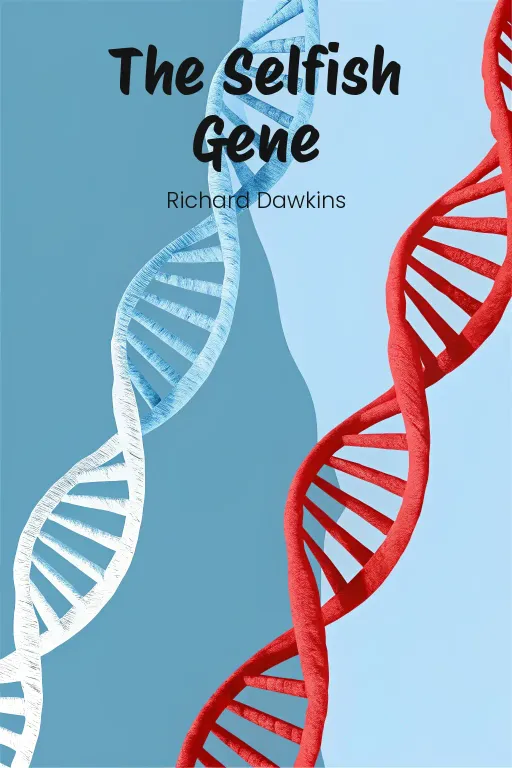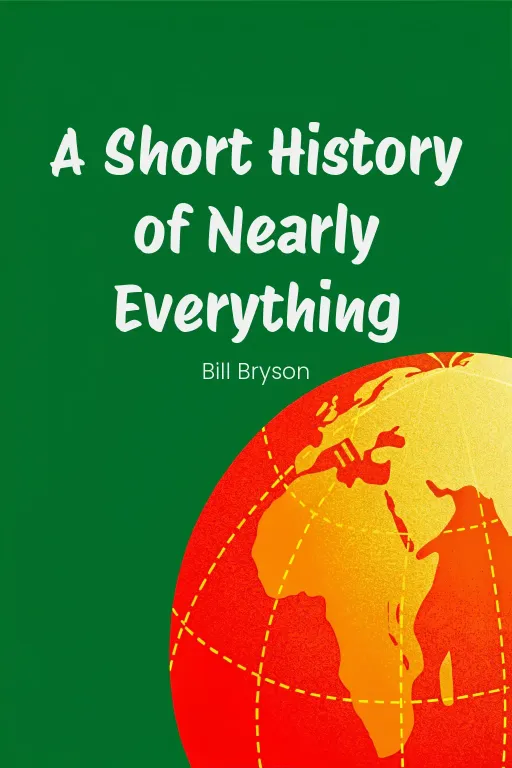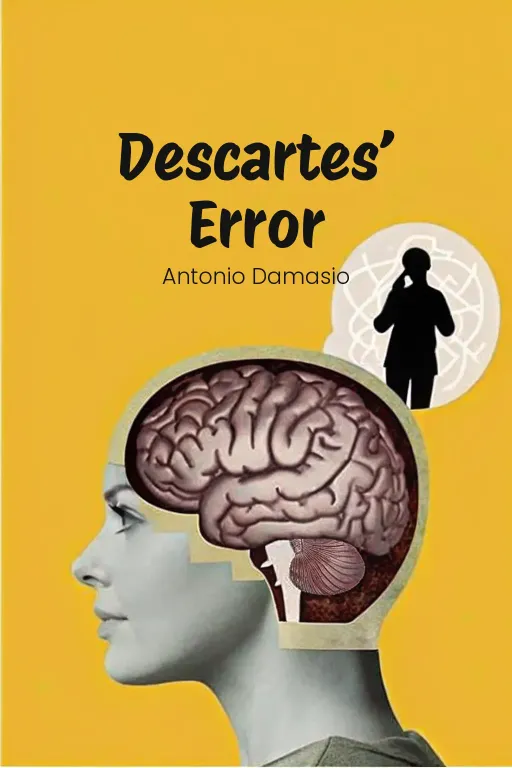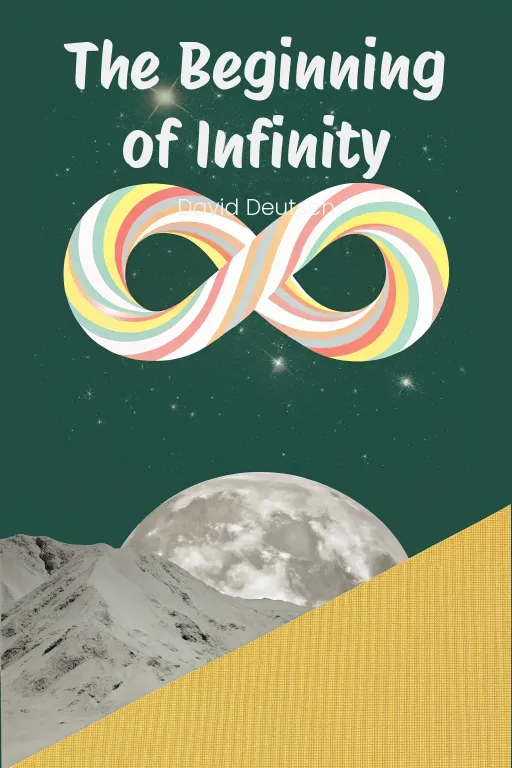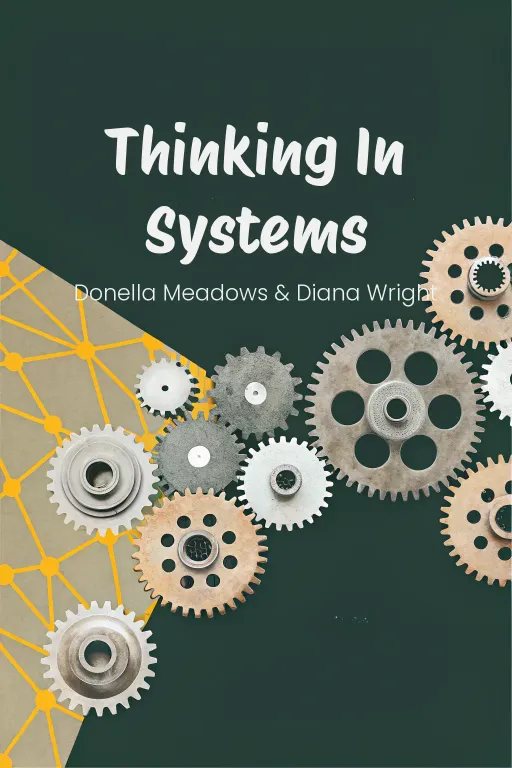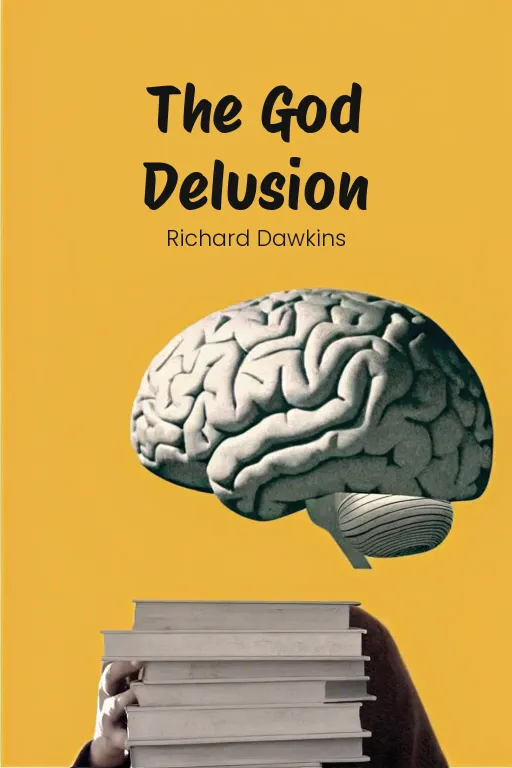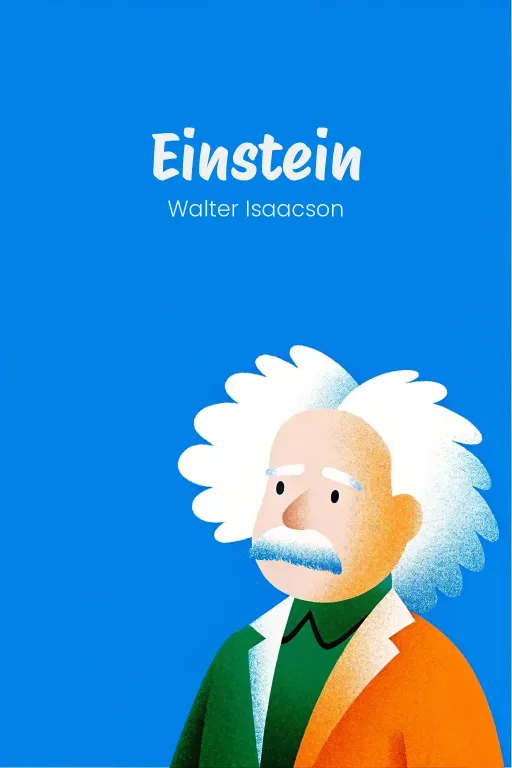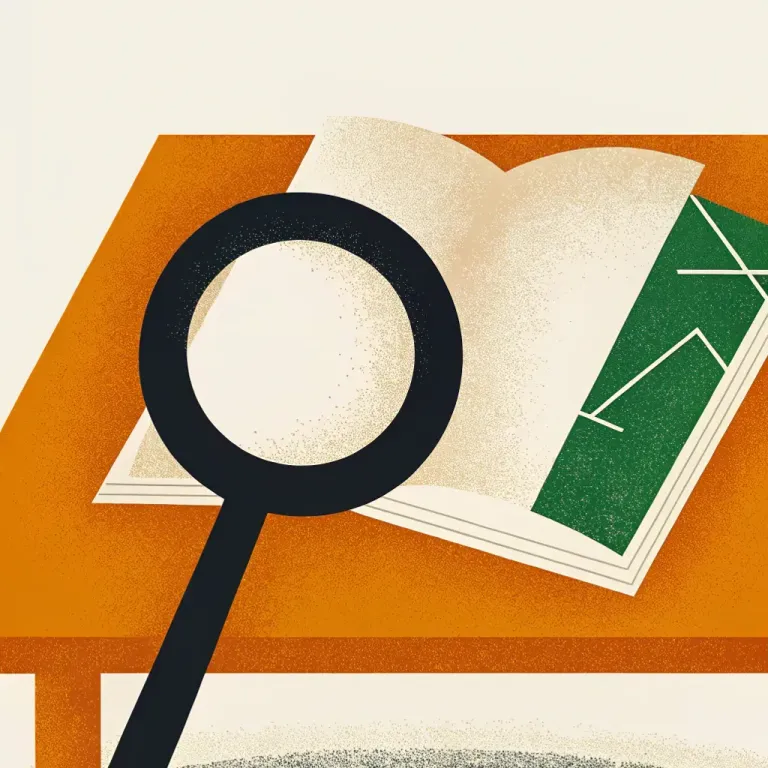
Science: Dare to be Wrong!
Podcast by Wired In with Josh and Drew
On the Epistemology of Modern Science
Science: Dare to be Wrong!
Part 1
Josh: Hey everyone, welcome back to the show! Today, we're tackling a fascinating idea: Karl Popper's revolutionary approach to science. I mean, have you ever stopped to think about how we actually verify something in science? Is it just about seeing the same thing over and over and declaring it a fact? Drew: Let me guess, Josh—Popper's answer is a resounding, “Think again!” right? Josh: Precisely! In his groundbreaking work, The Logic of Scientific Discovery, Popper pretty much throws the traditional scientific method—you know, the one based on induction, drawing general conclusions from specific observations—right out the window. Instead, he argues that the real hallmark of science is falsifiability. Basically, if a theory can't be tested in a way that could potentially disprove it, it's not really science at all. Drew: So, what you're saying is, farewell astrology, hello astrophysics? Josh: In a nutshell, yes! Popper basically shows us that science isn't about nailing down absolute truths, but about rigorously challenging existing ideas. In science, theories can be constantly evolving and changing. Drew: Okay, color me interested. So, what are we actually going to unpack today? Josh: We're diving into three core concepts from the book. First, we'll explore how Popper's falsifiability principle distinguishes genuine science from pseudoscience—drawing a very clear line. Then, we'll explore why induction—which seems so logical on the surface—actually breaks down under scrutiny. And finally, we'll look at the power of deductive testing—how questioning, testing, and revising theories keeps science vibrant and self-correcting. Drew: So, science is like a battle royale, and only the most robust hypotheses make it out alive? Josh: Exactly! And Popper's intellectual arena is open to all of us, Drew. Ready to jump in? Drew: Alright, let's see if this Popper guy can win me over.
Falsifiability as the Criterion for Science
Part 2
Josh: Okay, Drew, let's dive in. What makes falsifiability so important? Popper basically said that for a theory to be scientific, it has to be falsifiable. Meaning, confirming a theory isn't enough – you need to be able to test it in a way that could potentially prove it wrong, right? Drew: Wait a second. If something is confirmed repeatedly, isn't that enough? If I drop this pen and it falls every single time, can’t I just declare gravity as fact and move on? Josh: That's a great point! But Popper would argue that repeated confirmation might not tell you as much as you think. Imagine you've only ever seen white swans, so you conclude that "All swans must be white." But the second you find a single black swan, bam – your entire theory falls apart, right? Drew: So, one piece of contradicting evidence can undo years of "swan-watching." Harsh. Josh: It is! But that's the beauty of falsifiability. Popper believed science progresses by testing claims against reality, not by endlessly seeking confirmations. If a theory withstands tough tests that could disprove it, then it truly earns its scientific credibility. Drew: Okay, makes sense in theory, but can you give me a real-world example? Something a bit more tangible? Josh: Sure. Take astronomy versus astrology – Popper’s favorite example. Astrology tends to make vague claims, like, "This week might bring challenges." Even if nothing bad happens, they could just say, "Well, you were emotionally challenged," right? It's almost impossible to disprove because it's so open-ended. Drew: Exactly, they always have an escape route. So, astrology's like the Houdini of pseudoscience - always managing to slip away. Josh: Exactly. Now compare it to astronomy. They predict things very specifically, like a solar eclipse happening at a precise time and place. If it doesn't happen as predicted? Then the theory behind that prediction clearly needs some serious rethinking. Drew: Alright, I see. Astronomy is willing to put itself out there, while astrology… not so much. Josh: Exactly! That's why astronomy is a science, and astrology is, well, astrology. Falsifiability is key. Drew: Okay, I'm tracking. But it's a bit counterintuitive, isn't it? Shouldn't science be trying to prove things, not constantly trying to tear them down? Josh: That's what's so ingenious about Popper! He flips the script! He argues that trying to "prove" things can actually weaken science. You end up with confirmation bias, only looking for evidence that backs up your theory and ignoring anything that doesn't. Drew: So science turns into an echo chamber, then? Josh: Precisely! Imagine if Einstein's theory of relativity had only been studied using results that conveniently fit. Instead, it faced a huge test in 1919 when Arthur Eddington observed the bending of starlight during a solar eclipse. If the light hadn't bent, Einstein’s theory would have been in serious trouble. Drew: But it did pass, right? The starlight bent as predicted? Josh: Absolutely! It validated his theory and solidified it as a foundation of physics. But here's the thing – it wasn't just the confirmation that made it scientific. It was the fact that it could have failed. Every prediction Einstein made was a risk. That's what made it falsifiable, and that's what made it science. Drew: Okay, so science thrives on risk. Like a poker game where you have to show your cards, eventually. Josh: Exactly! Every scientific theory is essentially saying, "Test me! Challenge me!" If it withstands the toughest tests, then it gets to stay in the game. But it's never completely safe – there's always a chance that new evidence could come along and change everything. Drew: I get it. But doesn't that kinda make science... never-ending? If no theory is ever truly final, how can scientists ever feel confident about anything? Josh: That's where Popper's philosophy truly shines. He'd argue that science isn't about being certain; it's about constantly being “better”. Every time a theory is tested, refined, or replaced, we get a little closer to understanding the world. It's less about reaching a finish line and more about constantly improving. Drew: Okay, I'll give you that – science as a never-ending quest to be "less wrong." I can definitely get behind that. Josh: Exactly! And falsifiability is what drives that quest. It keeps science moving forward, pushing ideas to constantly evolve and become more robust. Drew: So, if I propose a theory that "All unicorns are invisible," Popper would roll his eyes because… well, I can't test that, right? Josh: Precisely. It’s not falsifiable. There's no way to prove or disprove your claim because an invisible unicorn can't be observed or tested. Popper would say, "Nice try, but that's not science." Drew: So no unicorns, no horoscopes... What else gets tossed out? Josh: Plenty! Popper's standard challenges all kinds of ideas – even in psychology or philosophy – where the claims can be too vague or unfalsifiable, right? He “really” believed that this was crucial for keeping science honest and intellectually rigorous. Drew: Alright, I'll give Popper credit; he's not afraid to challenge anyone's favorite theories. Sounds like science isn't exactly a walk in the park. Josh: Not at all. It's rigorous but fair in the best way possible. Science advances because it embraces critique and acknowledges the possibility of failure, all thanks to falsifiability. Popper didn't just redefine science -- he raised the bar for what makes it so powerful.
Critique of Inductive Reasoning
Part 3
Josh: So, building on this idea, Popper challenges how we traditionally think about scientific reasoning. He “really” goes after induction, which has been a cornerstone of science for ages. His point is that it's limited, and that's why falsifiability and deduction are so crucial. Drew: Induction, got it. That's where you see a bunch of the same thing – swans, let's say – and decide, "Okay, this must be true for all swans," right? Josh: Precisely. You're moving from specific observations to broad conclusions. For centuries, it was thought to be the best way to do science. But Popper argues that it has a fundamental flaw. He uses the "black swan problem" to illustrate this. Drew: The black swan metaphor. Okay, I am curious, what makes these birds so important? Josh: Well, the black swan perfectly shows where inductive reasoning falls apart. For a long time, Europeans had only ever seen white swans. So, assuming all swans are white seemed pretty reasonable. Then, bam, Australia's discovered, and suddenly these black swans are everywhere. One single example completely disproves what everyone thought to be true for centuries. Drew: So, induction is like saying, "This has always worked, so it'll work forever." Then a black swan shows up and ruins everything. Bummer. Josh: Exactly! Popper's point is that no matter how many observations you make, you can't guarantee what will happen in the future. You can see a million white swans, but you could still be surprised by a black one later on. So, induction assumes that the future is always the same as the past, which is not a very reliable assumption. Drew: Right, and there's no real way to prove that assumption without going in circles, is there? Josh: Absolutely! Philosophers like David Hume, and later Popper, pointed this out. Trying to justify relying on experience leads to what's called an infinite regress or circular reasoning. You might say, "The sun has risen every day until now, so it will rise again tomorrow." But the only reason you believe that is because you assume nature's patterns will continue. And what backs up that assumption? More observed experience. It's like stacking one shaky table on another. Drew: Okay, so induction is a philosophical dead end. It makes science vulnerable to things like black swans. So what's Popper's alternative? Josh: Deduction. Instead of confirming a theory through repetition ad nauseam, you start with a bold idea and then you try to prove it wrong. You are not asking, "How can I prove this is true?" You're asking, "How can I demonstrate this is wrong?" Drew: I like that. Sounds a little like being your own devil's advocate. So, how does it actually work? Josh: Here's a good example: instead of saying, "I've seen 1,000 white swans, so all swans must be white," you'd start with the statement, "All swans are white." Then, instead of seeking more evidence to confirm it, you’d try to find a way to disprove it – like finding a black swan. Drew: So, if you find a black swan, it’s game over. But if you keep finding white ones, then your idea survives... for now. Josh: Exactly. Popper calls this the asymmetry of falsification – you can never definitively prove an idea true, but you can definitively prove it false. That's what makes falsifiability so powerful. It forces you to consider the limits of what you think you know. Drew: Okay, let's move beyond the swan example. How about Newtonian mechanics? Was that based on induction too? Josh: Great question! Newton's laws were incredibly successful for centuries, and countless examples seemed to confirm them—from apples falling to the ground to the planets going around the sun. Induction says, "This works everywhere, so it must be universally true." But then came Einstein, who looked at the edges of those laws, especially under extreme conditions, high masses or speeds. Drew: Right, relativity. As I recall, it really challenged some of Newton’s ideas. Josh: Precisely. One famous test was during a solar eclipse in 1919, when astronomers saw starlight bending due to the Sun’s gravity. Had the light not bent as Einstein predicted, his theory would have been proven wrong. But the experiment confirmed relativity, so scientists had to rethink Newtonian physics. Drew: So Newton wasn’t necessarily wrong — his laws just weren’t the complete story? Josh: Exactly. Newtonian mechanics still works for everyday situations. But relativity showed that there were limits. And that's why Popper's approach is so important. Science isn't about deciding a theory is "true forever." It's about always being willing to challenge and improve our theories. Drew: So basically, science is constantly saying, "Oh, you thought this was right? Well, what about this?" Josh: Exactly! Popper called it the self-correcting nature of science. By focusing on deducting from what we know, rather than relying on past experiences, science becomes more resilient. Theories aren't sacred; they're temporary tools that can help us understand the world until something better comes along. Drew: Alright, I'm starting to grasp this. Induction tries to find certainty, but certainty is dangerous. Deduction makes science flexible, adaptable, and ready for the next big change. Josh: Absolutely. And with Popper’s emphasis on falsifiability, scientists are constantly reminded to stay humble and skeptical. It encourages us not to accept what seems obvious but to keep exploring and questioning. Drew: Alright, Josh, you’ve convinced me – black swans and everything. So, Popper didn't just criticize induction; he gave science a whole new way of thinking. Josh: Exactly! This way of thinking is centered on falsifiability and deduction. So science isn't about certainty, it's about embracing the unknown and challenging what seems normal. And that's a lesson we can all use, whether we're in a lab or not.
Deductive Testing and Iterative Scientific Progress
Part 4
Josh: So, that critique naturally leads us to the practical side of Popper's methodology. We're talking about how his ideas actually play out in science day to day. At its heart, it's about Popper's concept of deductive testing and how it drives scientific progress. Drew: So, let me guess, we’re about to find out that science isn’t some perfect step-by-step process, but more like… a structured guessing game of sorts? Josh: Exactly! Popper believed that science doesn't advance by endlessly confirming existing ideas. Instead, the key is to propose these bold ideas and then subject them to the most rigorous tests imaginable. If a theory holds up, great—it sticks around, for the time being. If it doesn't, we learn from it and refine our understanding. Drew: So, it’s almost like a philosophy of “failing better,” right? Josh: Precisely. Einstein is a perfect example. When he proposed his theory of general relativity, it wasn't just a random thought. It made specific, testable predictions like the idea that massive objects, such as the Sun, bend the path of light from distant stars. Then, in 1919, Arthur Eddington tested this theory during a solar eclipse. If the bending of light hadn't been observed, Einstein's theory would've likely been discarded or drastically revised. Drew: Hold on, though. Why did Einstein's theory have to make such a risky prediction? Couldn't he have just relied on his math and called it a day? Josh: Right, this is where Popper's philosophy becomes particularly powerful. According to him, science demands predictions that can, at least in theory, be proven wrong. If you're not actively risking your theory being disproven, you're not really doing science. Einstein's prediction about light bending was risky, it could've shattered his framework. However, that's precisely what made it scientifically valuable. Drew: So Einstein basically said, "Here's my idea; let's point a telescope at the Sun and see if I’m completely wrong." Josh: More or less, yes! That kind of intellectual courage is what truly drives progress. And even though Einstein's theory passed Eddington's test, it wasn't immune to future challenges. Quantum mechanics, for example, reshaped our understanding of the universe in ways that even Einstein struggled to accept. Drew: Science kind of slapped Einstein's wrist with Heisenberg's uncertainty principle, huh? That’s gotta sting. Josh: It definitely did! But that's the beauty of Popper's model. Science is never static. A theory might hold true for a decade, half a century, even a century, but there's always room for improvement or replacement. Popper emphasized that we're not chasing some absolute "truth"; we're chasing better explanations, one falsifiable step at a time. Drew: Okay, I get the overall picture. And Popper's emphasis on falsification is what holds it all together. But let’s talk tools. How do scientists actually use this whole deductive testing thing? Josh: That's a great question! Scientists design hypotheses in a way that forces them to really confront their theories' limits. You're not just trying to find evidence that supports your idea—you're intentionally seeking out scenarios where it might actually fail. Look at Newtonian mechanics, for instance. It worked perfectly for centuries, explaining everything from cannonballs to planetary orbits. But the cracks started showing up when people began studying extreme conditions such as objects moving near the speed of light. Drew: And then Einstein rolls up with relativity to shake things up. Josh: Exactly. Einstein's insights didn't completely destroy Newton's ideas; they filled in the gaps. We still use Newtonian mechanics all the time—it's perfectly sufficient for most everyday situations. But relativity expanded the framework. That's iterative scientific progress in action. Each falsified idea leads to something better. Drew: Alright, I'm with you. But what happens to those falsified ideas? Do they just get tossed in the bin? Josh: No, not at all. This is where iteration becomes vital. Falsified theories often have valuable parts that remain relevant. They're like scaffolding for the next big breakthrough. Similarly, Newton's work wasn't just discarded when Einstein came along. It paved the way for deeper exploration. Drew: Okay, so science is less about finishing a puzzle and more about constantly upgrading to a newer, more complex puzzle as you go. Josh: Exactly, that’s a perfect way to put it. Each iteration builds on the last, incorporating more evidence and addressing earlier flaws. And by grounding this process in deduction, scientists avoid the pitfalls of induction—things like confirmation bias or overgeneralization. Drew: Alright, but I imagine this whole “iterate endlessly” concept requires some humility. How do scientists avoid getting defensive when their life's work is challenged by new evidence? Josh: Well, that’s the kind of culture that Popper's philosophy aims to foster. He believed that embracing uncertainty and criticism is what makes science strong. By recognizing that all knowledge is provisional, scientists remain open to correction and further progress. It's not about personal ego; it's about collective effort and improvement. Drew: So, who gets the ultimate last laugh in science then? Josh: No one does! That's essentially Popper's point, the pursuit of knowledge never truly ends. Instead of being afraid of falsification, scientists use it as a compass to guide them toward a deeper understanding.
Conclusion
Part 5
Josh: Okay, so to bring it all together, Karl Popper “really” changed how we look at science. He basically tossed out the whole idea of endlessly confirming things through induction and brought in falsifiability. If you can't test a theory in a way that could actually prove it wrong, then it's just not scientific. This simple, but powerful rule draws a line between real science and, well, everything else. Drew: Right, and it's not just about science, is it? He didn't stop there. He showed us how induction—you know, the old “see a hundred white swans, assume all swans are white” thing—just doesn't hold up. Instead, he was all about deduction: start with a bold idea, try your best to break it, and see what happens. Josh: Exactly! And that process—testing ideas rigorously and constantly improving them—that's what makes science this dynamic, self-correcting system. It's not about being absolutely sure of something. It's about accepting that we might be wrong, and constantly getting closer to better explanations. Drew: So, the real lesson here? Science isn't about proving you're right; it's about being ready to be proven wrong—and learning from it. Whether we're talking about scientific theories, horoscopes, or even our own beliefs, the point is to keep testing, keep questioning, keep improving. How would someone apply this to modern urban life? Josh: Absolutely. That's Popper's big contribution: a reminder to stay curious, critical, and humble as we try to understand the world. And the best part? That way of thinking isn't just for scientists; it's for everyone. Have you successfully applied these lessons to your life? Drew: Alright, Josh, you got me. I'm officially on board with the “prove me wrong” philosophy. Until next time, everyone, stay skeptical.
